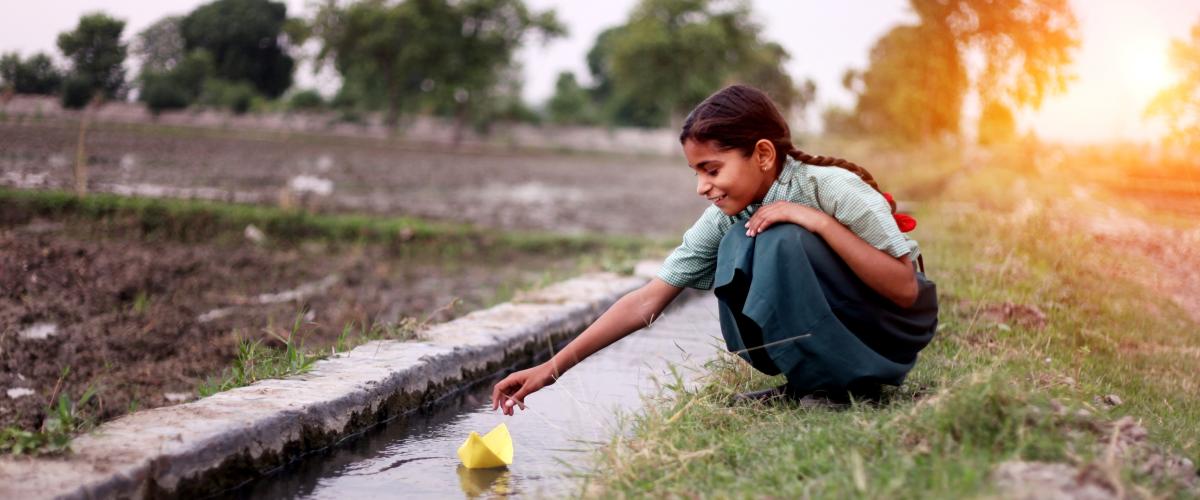
News
Cities around the globe are slowly transforming into climate-resilient hubs.
There are five things that people working to develop resilience programmes and policies can do to counter the looming existential threat posed by Trump if they become more savvy political operators.
The World Bank has released US$496.25 million to support the Philippine government’s efforts to hasten recovery, rehabilitation, and reconstruction in areas battered by Typhoon Ompong (internationally known as Mangkhut) in mid-September this year.
The Averted Disaster Award aims to recognize successful interventions implemented worldwide that help ensure society continues to function, thrive, and recover quickly in the face of disaster. We invite individuals, project teams and organizations of all sizes, regions, and industries to submit nominations that highlight successful interventions.
Applications are due January 12, 2024
The World Bank’s Board of Executive Directors today approved US$7 million in financing to Seychelles to help the country better cope with extreme natural events such as floods, mud slides, or tsunamis.
Cities around the world are failing to plan for fast-increasing risks from extreme weather and other hazards, particularly as population growth and surging migration put more people in the path of those threats.
The final of the Women Entrepreneurs of the MENA region (WeMENA) contest, a regional initiative launched by the World Bank, and supported by the Global Facility for Disaster Reduction and Recovery (GFDRR), selected four winners.
The Global Facility for Disaster Reduction and Recovery has developed a diagnostic tool called CityStrength to help cities identify areas of weakness and the investments and institutional measures necessary to address them.
By 2050 there will be $158 trillion in assets at risk from flooding alone — not to mention 1.3 billion people at risk — driven largely by climate change and urbanization.
